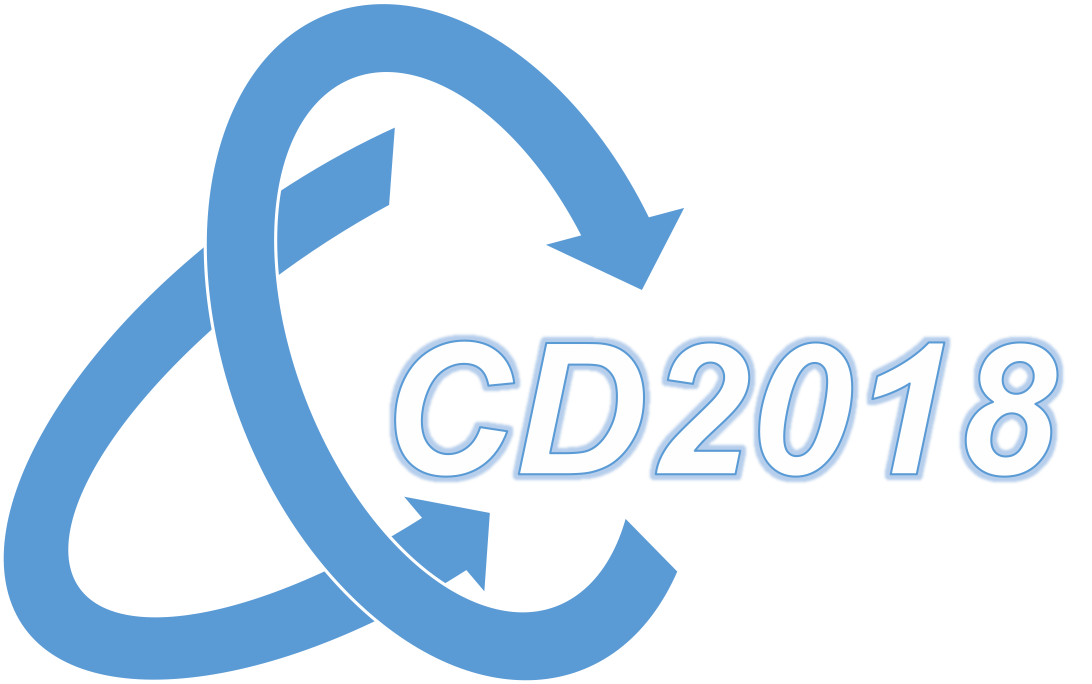Keynote speech 1
Title:
Learning Causal Effects: Bridging Instruments and Backdoors
Presenter:
Ricardo Silva
Abstract:
We consider the problem of learning the causal effect of some treatment X on some outcome Y knowing that there is a background set of variables that are not caused by either. We first discuss what can be done in linear models, when unmeasured confounding between X and Y cannot be blocked and candidate instrumental variables are proposed from testable constraints in the observed distributions. A characterization of what can be discovered is given, including limitations, equivalence classes and to which extent non-Gaussianity assumptions can help. In the second half, we generalize algorithms that find backdoor adjustment sets exploiting the faithfulness assumption. The idea is to provide a whole continuum of relaxations of faithfulness, from which we will show how algorithms for learning backdoor adjustments can provide instrumental variables that give bounds on causal effects for discrete distributions.
(Joint work with Shohei Shimizu and Robin Evans).
Biography:
Dr Ricardo Silva is a Senior Lecturer in the Department of Statistical Science, Adjunct Faculty in the Gatsby Computational Neuroscience Unit, and in the management group of the Centre for Computational Statistics and Machine Learning (CSML) at UCL. He is also a fellow of the Alan Turing Institute. Dr Silva has an extensive experience in research in machine learning, in particular in areas such as graphical models, latent variable models and causality. During his PhD at Carnegie Mellon University, Dr Silva laid off some early work on causal structure identification for models with unobserved variables. Dr Silva introduced new approaches for graphical model construction and inference, models for network data in prediction problems and information retrieval and developed inference algorithms for complex distributions and causal models, among other contributions.
Keynote speech 2
Title:
Answering (some) Ad Hoc Causal Questions in Web Search
Presenter:
Emre Kıcıman, Microsoft Research
Abstract:
Many people use web search engines for expectation exploration: exploring what might happen if they take some action, or how they should expect some situation to evolve. While search engines have databases to provide structured answers to many questions, there is no database about the outcomes of actions or the evolution of situations. The information we need to answer such questions, however, is already being recorded. On social media, for example, hundreds of millions of people are publicly reporting about the actions they take and the situations they are in, and an increasing range of events and activities experienced in their lives over time. In this presentation, we show how causal methods can be applied to such individual-level, longitudinal records to generate answers for expectation exploration queries.
Biography:
Emre Kıcıman is a principal researcher at Microsoft Research AI, where he works at the intersection of social computing, machine learning, and information retrieval. His research focus is on causal analysis of large-scale datasets, as well as the broader implications of AI on people and society. Emre’s past research includes entity linking methods, deployed in the Bing search engine; and foundational work on applying machine learning to fault management in large-scale internet services.

